Five years after promising to deliver 2,2 million jobs if voted back into power, Zanu-PF is back promising 1,5 million houses in the next five years, if given another mandate in elections expected between July and August.
President Emmerson Mnangagwa on Friday presided over the launch of the ruling party's election manifesto for the first time after taking over from long-time Zanu-PF leader Robert Mugabe, who was toppled in a coup in November last year.
Besides promises to end Zimbabwe's isolation, which drove the economy into an abyss in the last two decades, the manifesto is not different from previous unfulfilled pledges by Zanu-PF.
The eye-popping figure of 1,5 million houses in five years, just like the 2,2 million jobs that never were, caught the interest of many observers who lamented that the ruling party was trying to use deceit to win votes once more.
"In its manifesto, Zanu-PF makes a wild claim that it will deliver 1,5 million houses in five years," tweeted Mt Pleasant aspiring MP Fadzai Mahere.
"This means 822 houses a day. How will this be funded? Who will build these houses? Will people have to buy them? With what money? We are being lied to again."
Some of Mnangagwa's vocal supporters on social media also refused to fall for the bait, describing the pledge as unrealistic.
"The claim by Zanu-PF is wild and unachievable," tweeted Matigari, who has been critical of MDC Alliance presidential candidate Nelson Chamisa for promising spaghetti roads, airports across Zimbabwe and bullet trains, if he wins the elections.
"It means they will build new houses for over 70% of all Harareans. Mnangagwa failed to build any rural houses when he was Minister of Rural Housing at the start of the millennium.
"How does he do it now?"
Former prime minister Morgan Tsvangirai's advisor Alex Magaisa said the pledge on the manifesto did not tally with what Zanu-PF was already doing on the ground.
After taking over from Mugabe, Mnangagwa's administration promises 400 000 houses before July, but five months on, there is nothing to show for it on the ground.
The manifesto also promises an annual economic growth rate of 6% if Zanu-PF wins its first election without Mugabe at the helm.
This year, the International Monetary Fund (IMF) projects that Zimbabwe's economy will grow by 2,5% due to a rebound in agriculture and mining.
Zimbabwe's economic growth rate fell dramatically from 2014 after a brief recovery during the era of the inclusive government.
Two years later the economy was growing at a snail's pace of 0,6%, but Mugabe's ouster has rekindled hopes of better times.
In this year's manifesto, Zanu-PF still promises to create jobs, but this time steered clear of mentioning figures.
"Zanu-PF's vision is to transform Zimbabwe into a middle income economy by 2030," reads part of the 80-page manifesto.
"The party will focus aggressively on re-opening the country for business with the global community so as to rebuild our industries, create more jobs, eradicate the scourge of poverty and uplift people's livelihoods."
It promises to drill more boreholes in rural areas, build more schools, decentralisation of planning, and approve and promote growth of local industries in the provinces and districts.
In response to accusations that it has become a den for the corrupt, the ruling party said it would vigorously fight graft if voted back into office.
Former Education minister David Coltart said the Zanu-PF message was being sent out by people that had lost credibility.
"I see the godfathers of corruption and parents of potholes are now promising to fight corruption and build spaghetti roads," he tweeted.
"These are the same people who in the last election promised to create two million jobs, but have put thousands out of jobs since 2013."
However, political analyst Alexander Rusero said the people should not read too much into the quality of the ruling party's manifesto as it might not determine how voters pick leaders in the forthcoming elections.
"In most countries in Africa, people do not vote based on manifestos, but on what they get from the party, that is the first thing we should understand," he said.
"You must understand that in most cases, those with good manifestos do not win while those with a bad ones do.
"In our case, Zanu-PF will win because it has managed to capture the people and taken the message that has been for long a call from the MDC and made it theirs."
Rusero said Zanu-PF's performance would be determined by the quality of its candidates.
"If you look at the 2013 Zanu-PF manifesto you will discover that nothing was achieved but the party will still win," he said.
"It is unheard of considering the power dynamics that happened last year for Zanu-PF to lose the elections.
"So the manifesto is just a ritual, but Zanu-PF has already done its homework to retain the power it got from Mugabe last year."
After the manifesto launch, the ruling party is expected to aggressively sell its proposed policies in a vigorous campaign amid reports that it will spend a staggering $200 million.
- the standard
 Chiwenga takes fresh swipe at Wicknell Chivayo
Chiwenga takes fresh swipe at Wicknell Chivayo  Mnangagwa delivers stark warning
Mnangagwa delivers stark warning  Goodyear shutters multiple global plants
Goodyear shutters multiple global plants  ZSE pushes for another equities tax cut to boost selloffs
ZSE pushes for another equities tax cut to boost selloffs  Zimbabwe's forex receipts jump 23%
Zimbabwe's forex receipts jump 23%  Harare urged to privatise service delivery
Harare urged to privatise service delivery  Young Investment Professional (YIP) Graduate Programme 2019
Young Investment Professional (YIP) Graduate Programme 2019 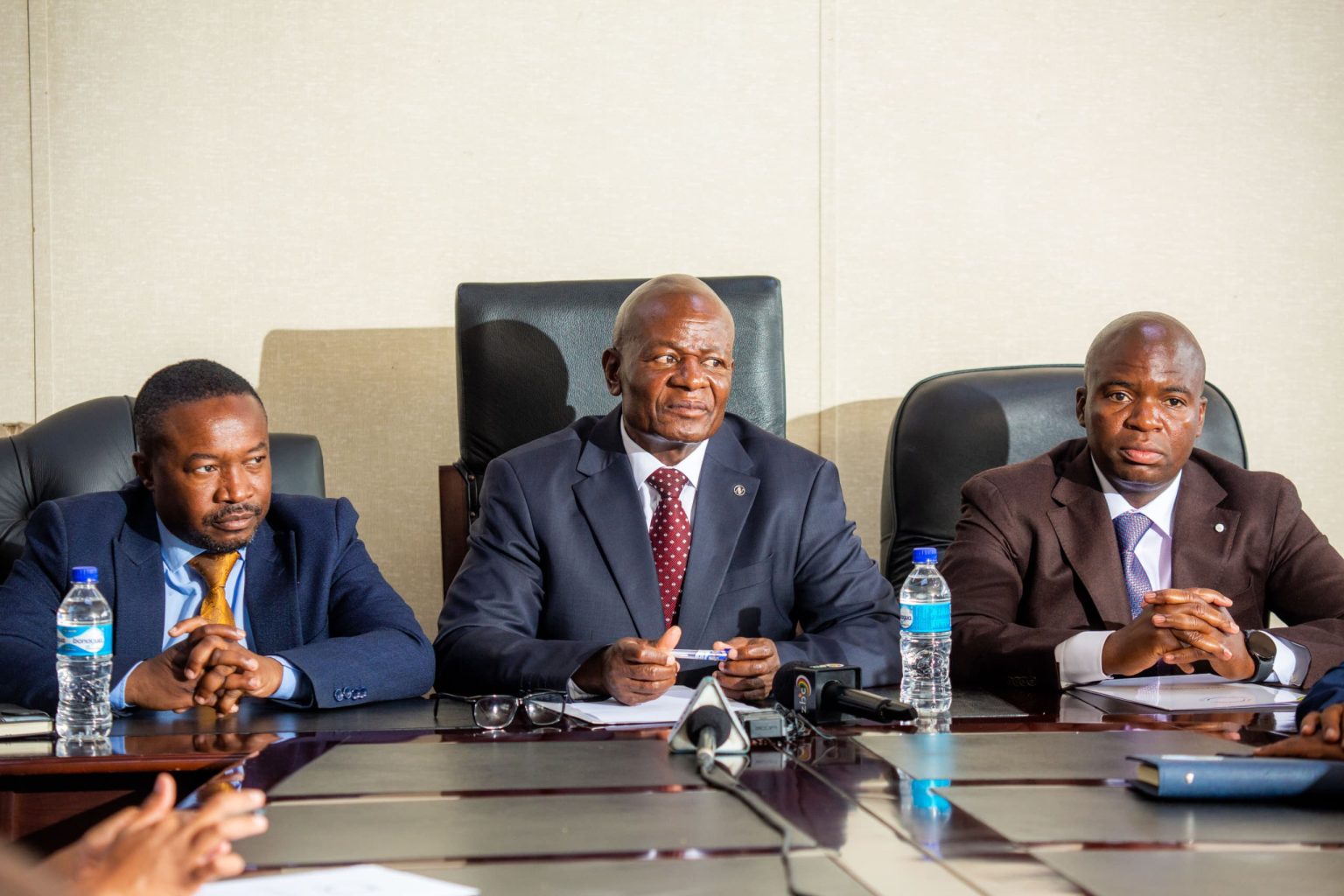
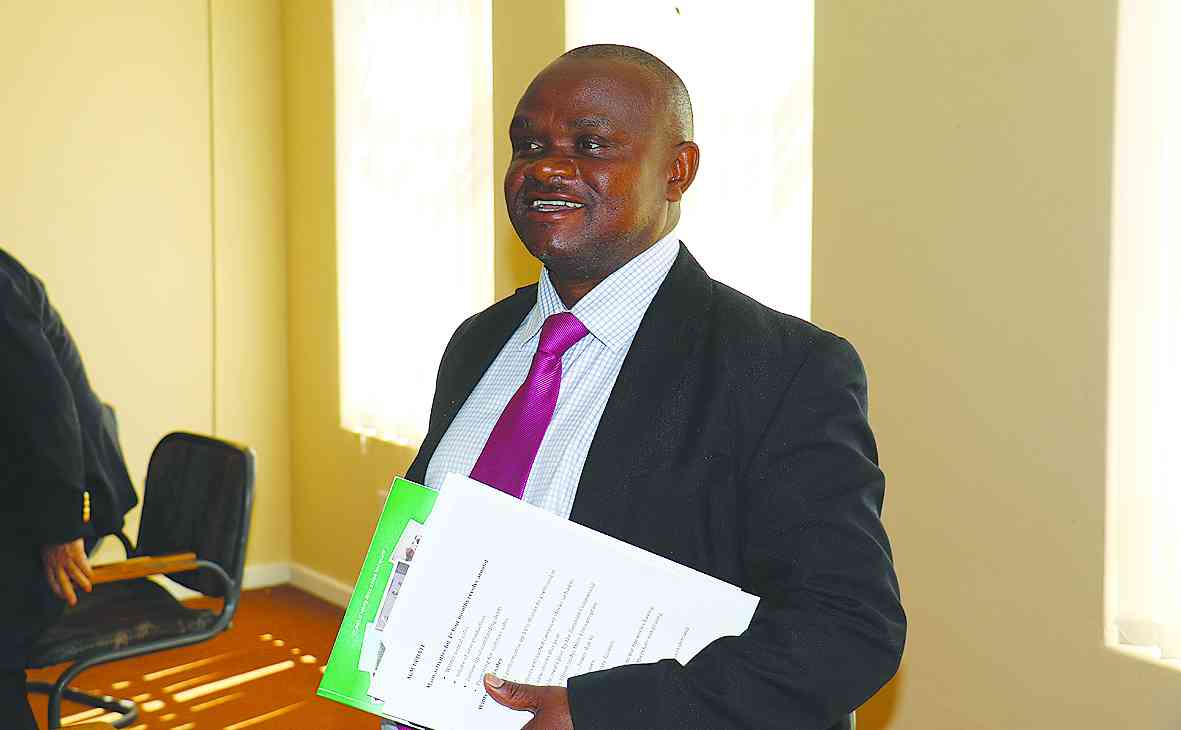
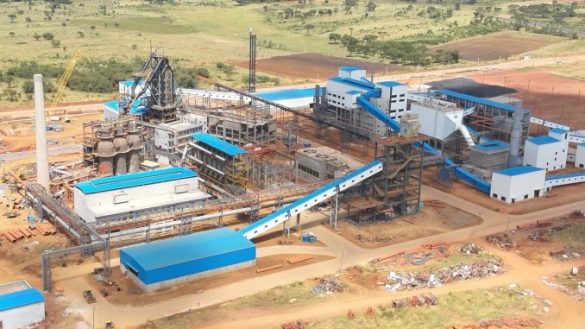
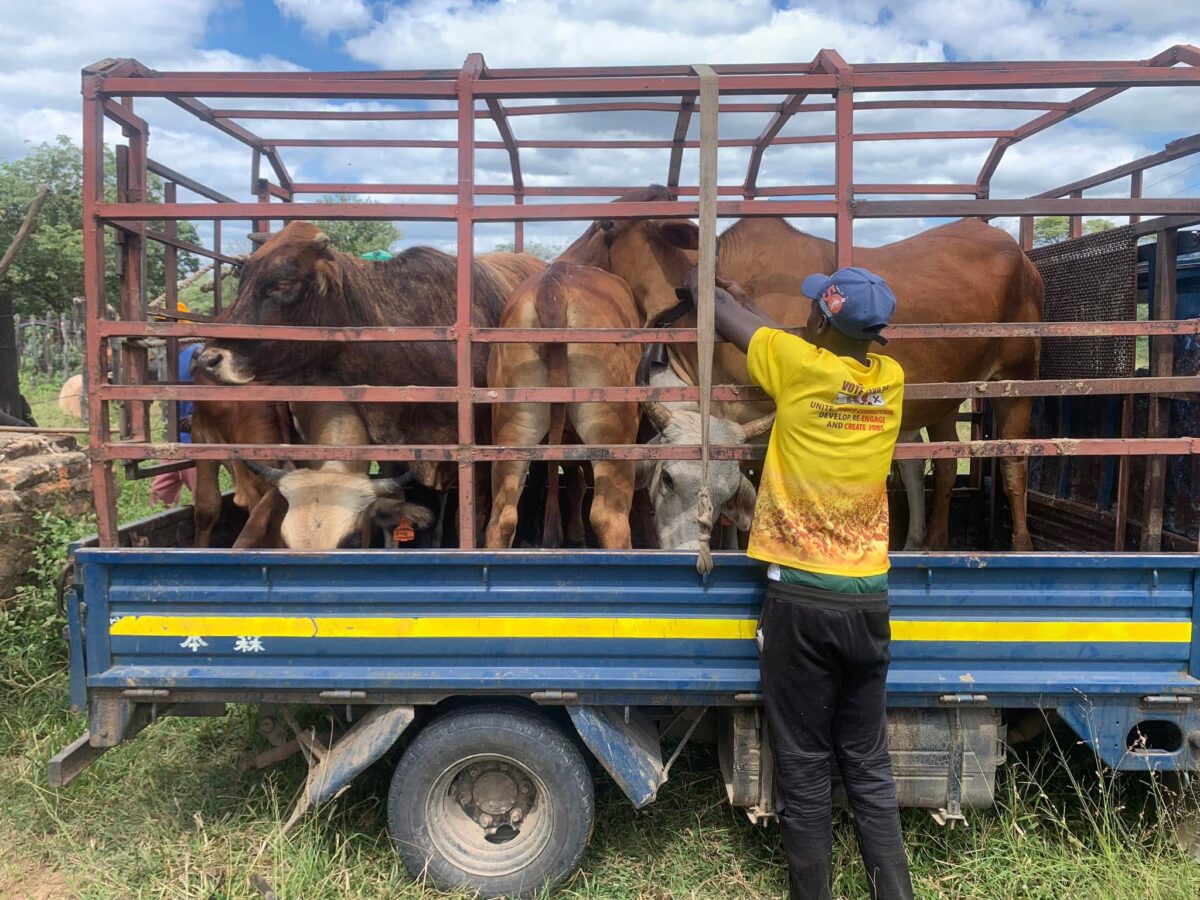

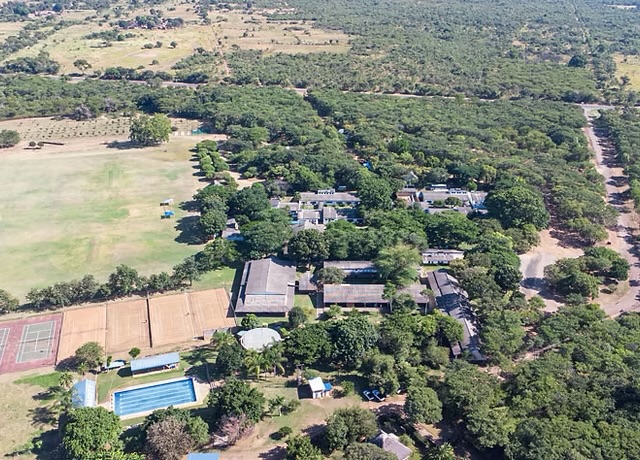

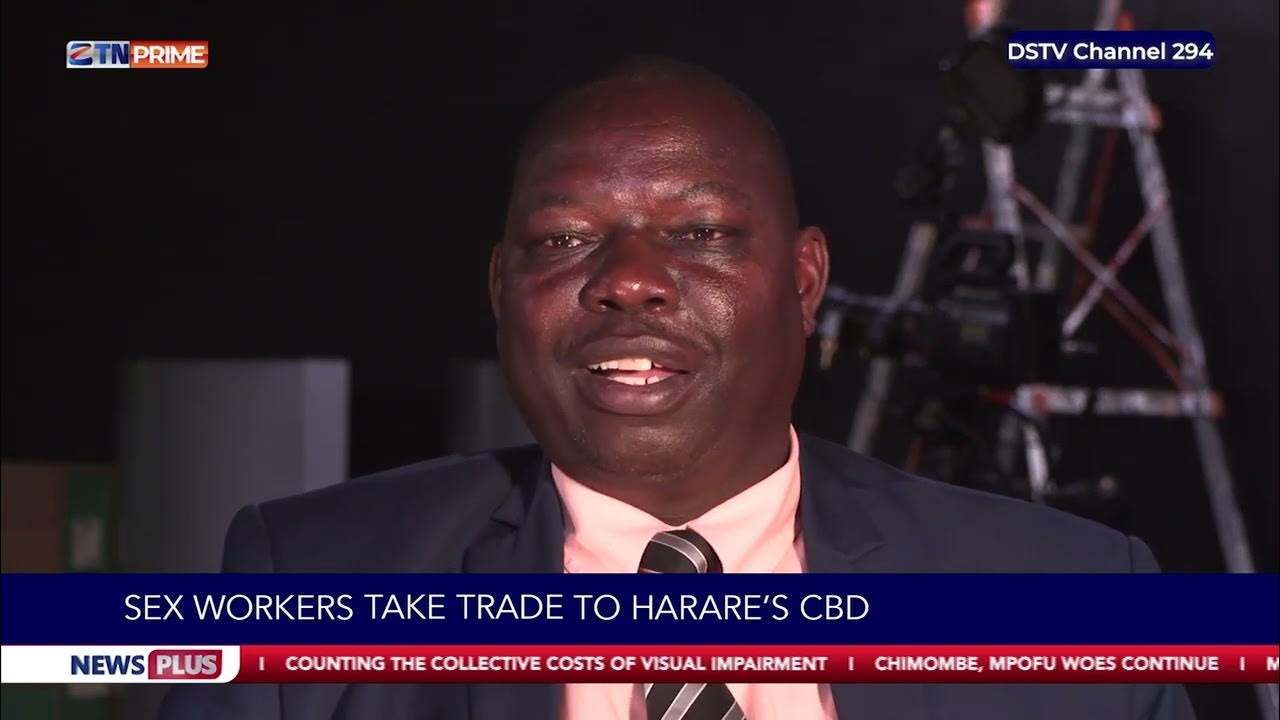

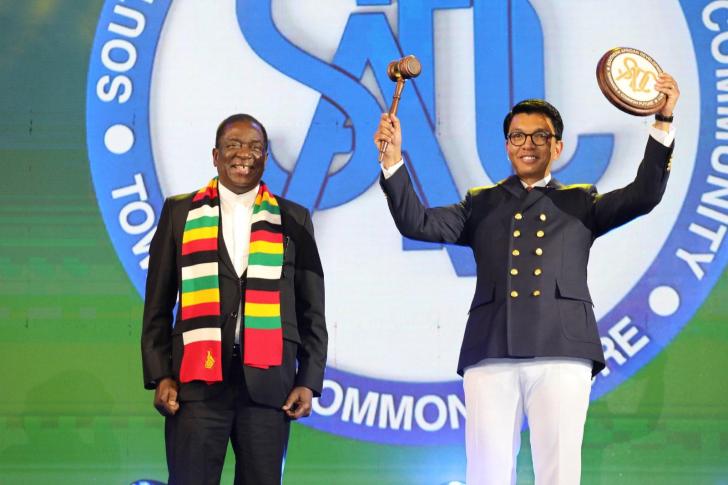

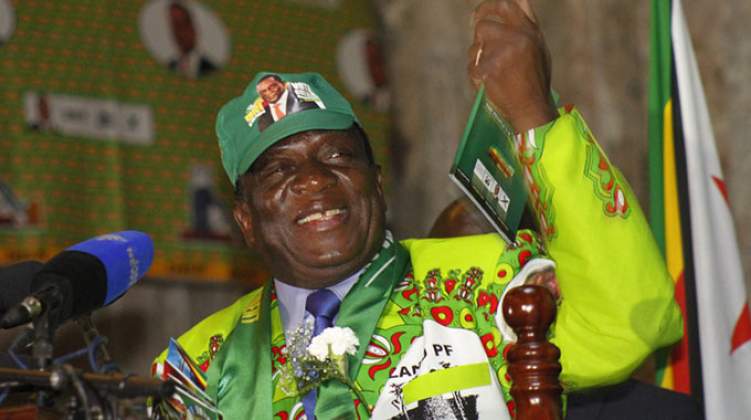
 Young Investment Professional (YIP) Graduate Programme 2019
Young Investment Professional (YIP) Graduate Programme 2019
Editor's Pick